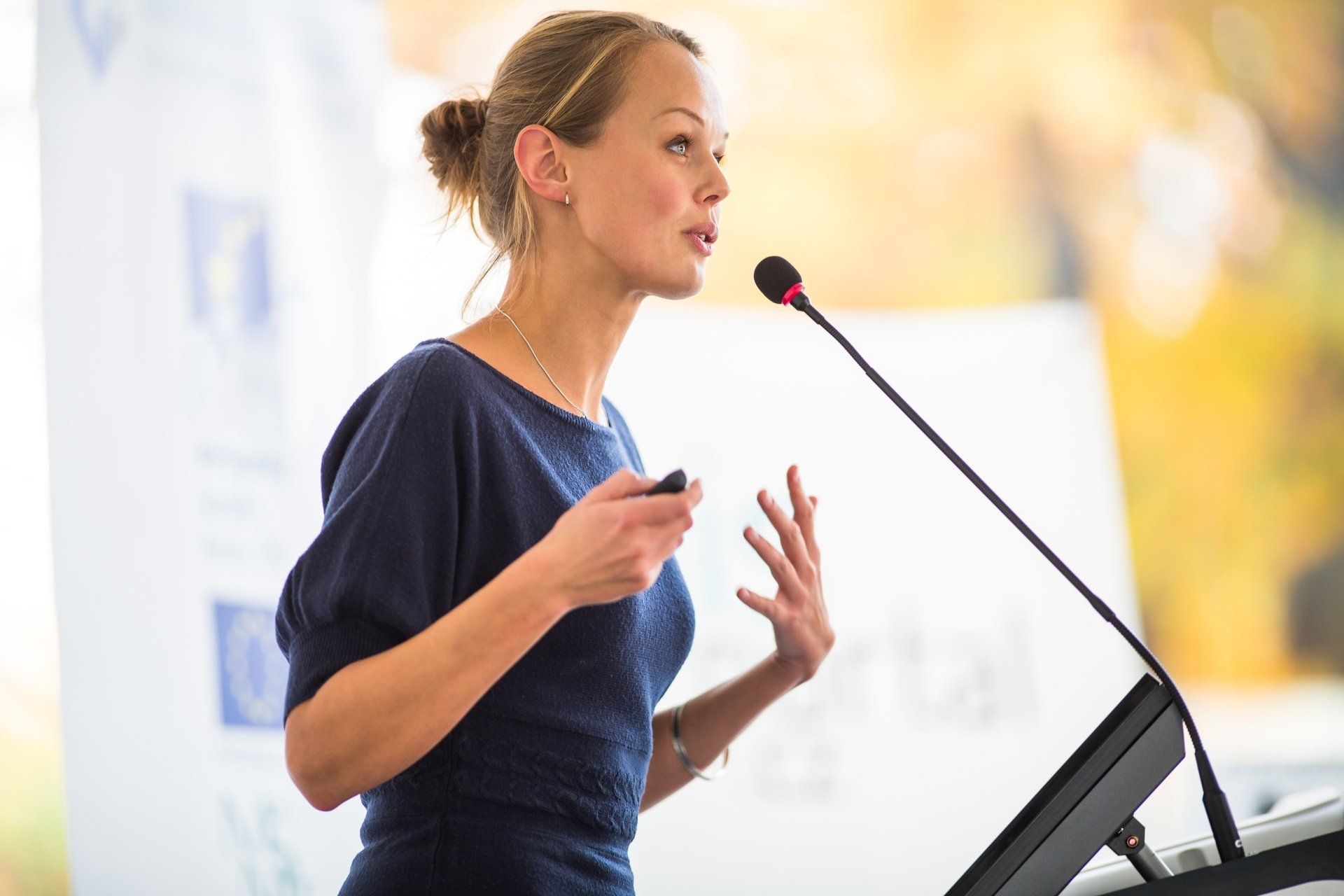Freedom of conscience
Translation of the French article "Liberté de conscience".
Estimated reading time: 10 to 15 minutes.
Off-Topic ?
Or Not...

“The articles will be dedicated mainly to autism. But other subjects (politics, science, art, health, etc.) will probably be mentioned too” (an autistic person)" (un autiste).
.
Freedom of conscience
A fundamental principle in France
Freedom of conscience is enshrined in Article 10 of the 1789 Declaration of the Rights of Human and of the Citizen.
- Art. 10 - No one shall be disturbed on account of his opinions, even of a religious nature, provided that the expression of such opinions does not disturb the public order established by law.
Then recall the first article of the Law of December 9, 1905 concerning the separation of cult and the State.
- Art. 1 - The Republic guarantees freedom of conscience. It guarantees the free exercise of religious beliefs, subject only to the restrictions set out below in the interests of public order.
For more than two centuries, freedom of conscience has been an essential element of French identity.
Freedom of conscience functions, except in disturbance of public order.
The notion of public order has its roots in article 97 of the law of April 5, 1884. It is then taken up in article L. 2212-2 of the French General Code of Territorial Authorities (Code Général des Collectivités Territoriales). Also found in article 6 of the French Civil Code. The concept was developed by French jurists such as Maurice Hauriou and René Chapus. Public order is defined by four essential components:
- Public tranquility, which aims to ensure a fulfilling environment by avoiding disturbances;
- Safety, to protect people and property;
- Public health, which concerns the health and well-being of citizens through sanitary standards;
- And finally, human dignity, which defends citizens against all forms of enslavement and degradation.
So in France, every individual, whether a citizen or a foreigner, has the right to hold any opinion they like. Blasphemy and the crime of opinion do not exist. Freedom of conscience offers the possibility of freely choosing an opinion. Knowing that any choice necessarily implies a form of
discrimination (by saying yes to one option, we implicitly reject all others), freedom of conscience defends both the positive criticism of one opinion and the contestation of others. Negative criticism is not aimed at individuals, but at ideas, and can take the form of hostile criticism or insult. Only expressions that incite racial hatred (Pleven law of July 1ᵉʳ, 1972) or opinions that challenge crimes against humanity (Article 9 of the Gayssot law of July 13, 1990) are punishable by law. This paradox of prohibition manifests itself solely in response to
Brandolini's principle, aimed at countering in advance the (most intolerable, i.e. towards humans, and therefore) most disruptive opinions.

.
Any confusion?
With Secularism? ("sécuralisme" in french)
Secularism is a legal principle enshrined in the 1905 law on the separation of religion and state. This principle guarantees the absence of political power for religions, as well as their non-influence on government decisions. On the other hand, the State assumes the right to control religious denominations should they overstep their bounds. Secularism undermines any so-called "divine authority", in favor of "human authority", deemed more equitable and wiser for society. The aim of this political doctrine is to maintain the neutrality of the State, allowing each individual to practice his or her freedom of conscience without unwelcome influence.
With Secularity? ("laïcité" in french)
Secularity is a cultural principle, a civility. The word "laïcité" (secularity) does not appear in the law. Secularity favors the retreat of religious expression into the private sphere, otherwise discreetly. This cultural aspect contrasts with the indecency of religious proselytizing. Indeed, the idea that a being who is supposed to be omniscient, omnipresent and omnipotent needs public defenders would imply either that the divinity is incapable of defending himself alone, or that his word cannot be heard in any other way. Religious proselytizing thus becomes an offense to the all-powerful religious deities. Lastly, public religious practice, whether communitarian or proselytizing (or lobbying), can be seen as an attack on public order, particularly when it comes to the practice of freedom of conscience in the public space.
With freedom of expression?
Freedom of expression is enshrined in Article 11 of the 1789 Declaration of the Rights of Human and of the Citizen.
- Art. 11 - The free communication of thoughts and opinions is one of the most precious human rights: every Citizen may therefore speak, write and print freely, subject to liability for abuse of this freedom in the cases determined by the Law.
Freedom of expression conditions the exercise of other freedoms, such as freedom of conscience. In France, every individual enjoys the fundamental right to express his or her opinions, whatever they may be, without fear of repression. However, there are limits to this freedom when its use becomes abusive, infringes on the rights and freedoms of others, or when its expression disturbs public order. In short, freedom of expression guarantees the right to express oneself freely, while freedom of conscience concerns the right to choose any opinion

.
Finally
Freedom of conscience remains a fundamental pillar of French society. This principle gives everyone the right to choose and revise their opinions independently. Neither state authority nor religious dogma can deprive citizens of this power. But power is knowledge (Ferdowsi). This right can only be expressed through the critical examination of all ideas, be they religious, political or other. French society must therefore enable everyone to identify, defend and criticize all ideas. Freedom of conscience thus contributes to this quest for knowledge. A quest that is the ultimate bulwark against fanaticism and obscurantism.
- "The evil that is in the world almost always comes from ignorance, and good will can do as much damage as wickedness, if it is not enlightened." - Albert Camus.
- "Ignorance causes problems like racism, bigotry, fanaticism." David J. Gross.
For three centuries, France has been committed to the fight against fanaticism. France is no stranger to this ideology, having endured it for a thousand years. Fortunately, France is no longer the eldest daughter of the Church. Driven by the ideals of liberty, equality and fraternity, thinkers and philosophers have defied dogma and superstition. They made the fight against fanaticism a national priority and, by extension, a humanist duty. The philosophers of the Enlightenment went on to inspire the whole world:
- "Fanaticism is a monster that dares to call itself the son of religion. Is it not shameful that fanatics should have zeal, and that the wise should have none?" - Voltaire.
- "As Voltaire wrote in his Lettres philosophiques, a fanatic is someone who keeps no distance between his being and his beliefs. When his beliefs are called into question, caricatured, satirized and laughed at, he falsely believes that he has been wronged. From that moment on, he is ready to use unbridled violence." - Henri Pena-Ruiz.
- "Religion is an insult to human dignity. Without it you would have good people doing good things and evil people doing evil things. But for good people to do evil things, that takes religion." - Steven Weinberg.
- "Here is my challenge. Let someone name one ethical statement made, or one ethical action performed, by a believer that could not have been uttered or done by a nonbeliever. And here is my second challenge. Can any reader of this [challenge] think of a wicked statement made, or an evil action performed, precisely because of religious faith?" - Christopher Hitchens.
Freedom of conscience is the child of the philosophers of the Enlightenment. In France, individuals have the right to choose, express and criticize political and religious ideologies. This includes, for example, expressing opinions on Islam*, whether positive or negative. Such as criticism of: the call for violence in Islam; the sectarian drift of the misogynistic Islamic veil, an object of degradation of women, which is defined as the flag of the Islamic regime; the call for the murder of apostates in Islam; tolerance of the marriage of little girls in Islam; tolerance of slavery in Islam; misogyny in Islam; Islamic obscurantism; etc. Let's not forget that the first victims of Islam are Muslim women and men. To criticize an ideology is to offer its supporters, or its victims, the means to defend themselves, or to fight fanaticism. Not to do so is a contempt worthy of Soviet paternalism. And if it should occur to you, out of malice or idiocy, to confuse "constructive criticism of a religious ideology" with "harassment of a community", you would be telling the whole world that you belong to fanaticism and obscurantism. Because ideologies are not human, they have no rights. Criticism of an ideology is always legitimate, whatever its form.
- "Ideology is a mechanism for rejecting facts when the threaten to force a reexamination of cherished dogma. And it invents facts when necessary to the survival of the dogma. [...] Ideology is what thinks for you." - Jean-François Revel.
In France, we're all free to criticize any ideology, however virulently. What counts most are the arguments. Are they based on reason, knowledge, science, apagogy, #Logos wisdom? Or on the contrary, do your arguments involve fear, sentimentality, emotional manipulation and hyper-susceptibility #Pathos? Or should the superficial outweigh the substantive #Éthos? Either way, enjoy this right: freedom of conscience. Because we only lose our rights if we don't express them. And don't wait to lose this principle, to understand its value.
*: Replace [Islam] by any other ideology, religious, political or otherwise. It's not so much the ideology, its opposition or acceptance, or even its author that matters most, but the arguments that are brought to bear to judge it.
The writing and editing of this article was carried out in collaboration with
ChatGPT, a language model developed by OpenAI. And the translation by
Deepl.